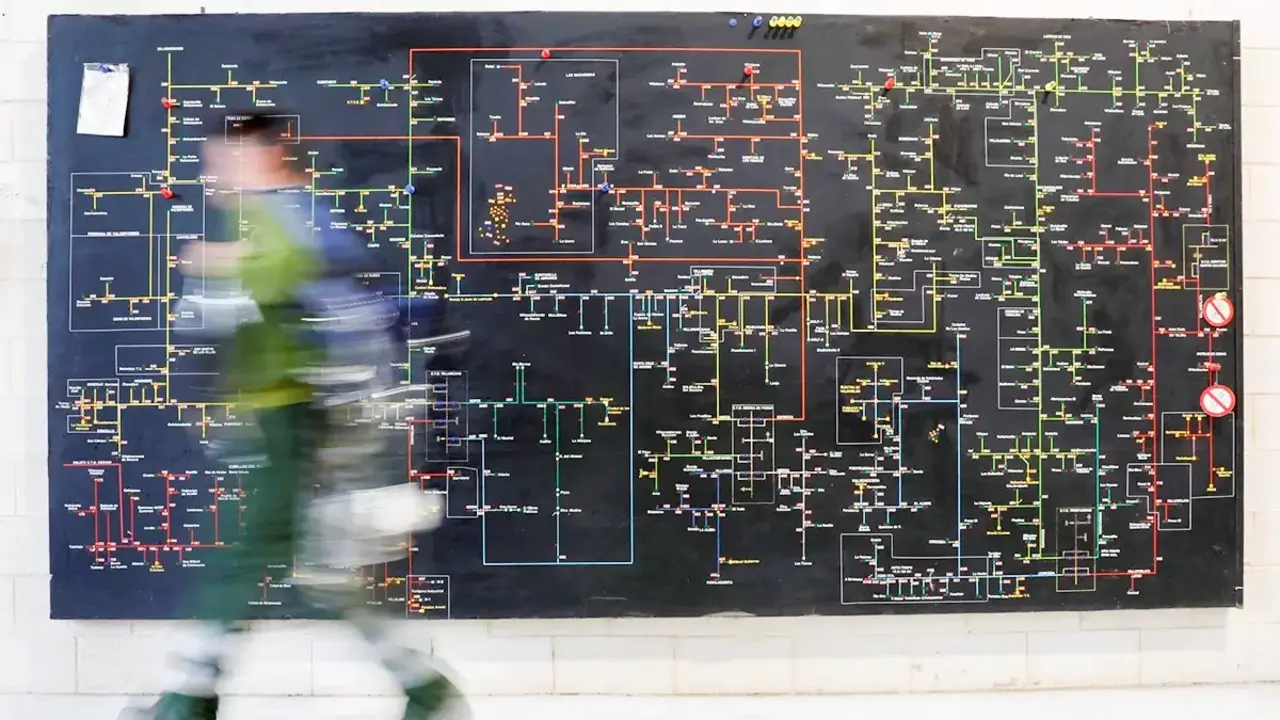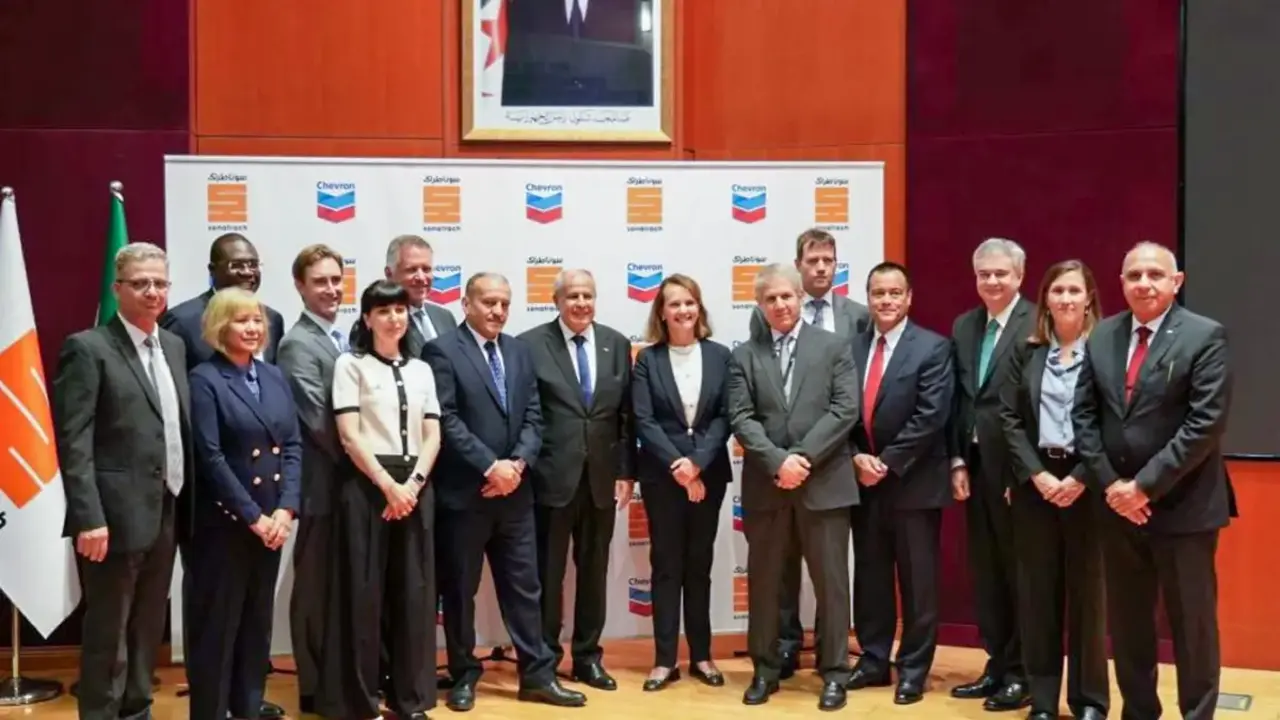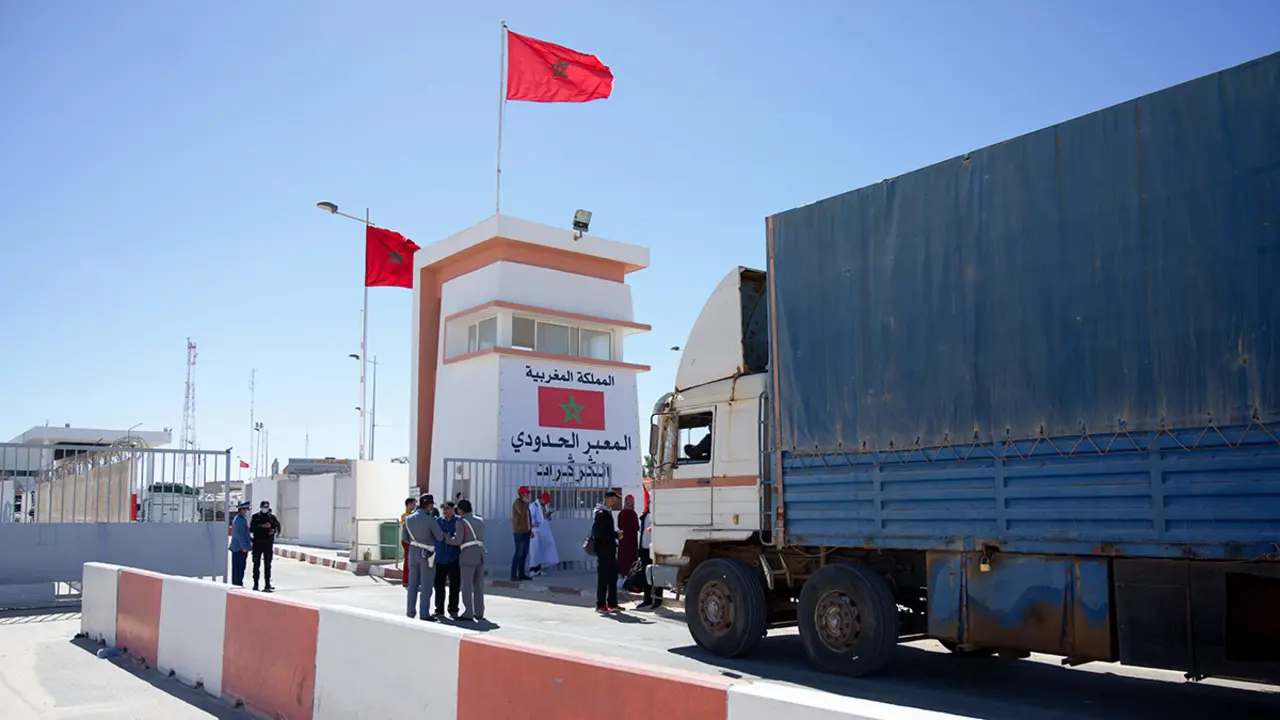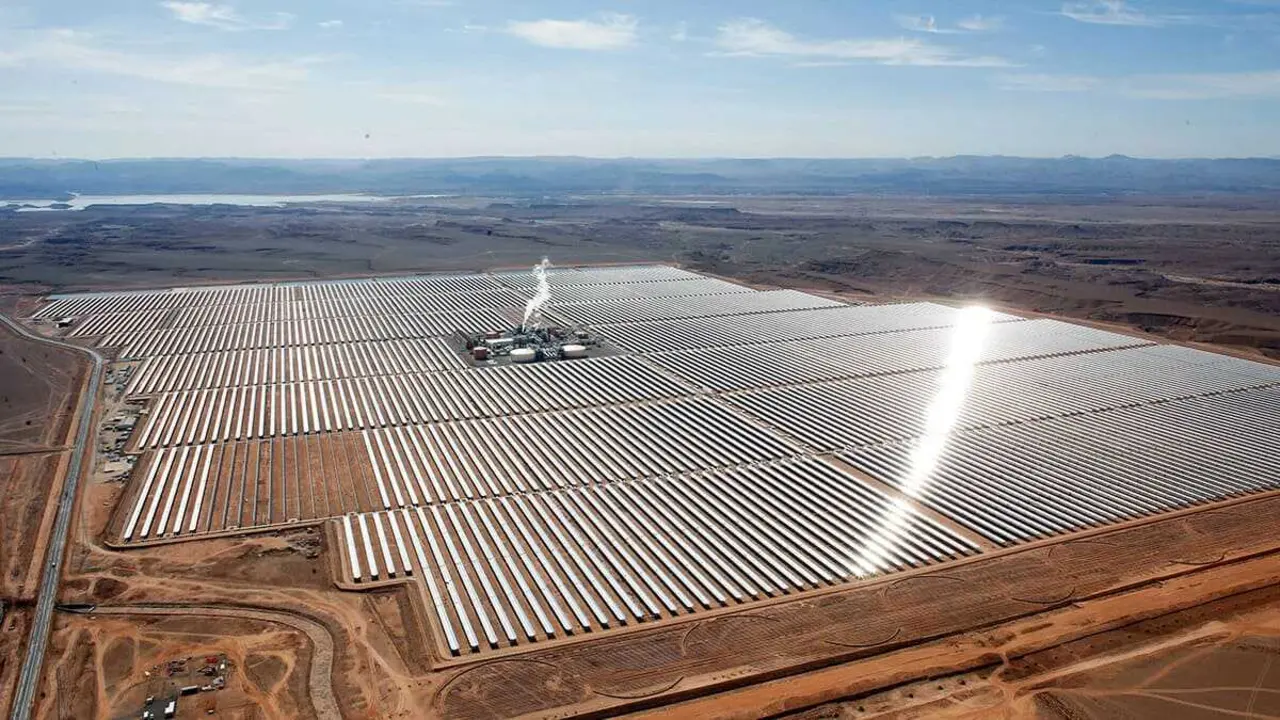Health, digitisation and climate change, among the sectors most affected by COVID-19

The impact of the pandemic on the health, climate change and digital sectors threatens to widen the gaps between the most advanced economies and the developing regions. To prevent this, more public investment and international cooperation are needed, according to a group of international experts meeting virtually on the second day of the CAF Annual Conference.
COVID-19 has simultaneously tested all social and economic sectors of the planet, but the response has varied significantly from country to country, revealing the gaps between the most advanced economies and developing regions.
This is one of the main conclusions reached by a group of international experts who met on the second day of the Annual Conference of CAF - Latin American development bank - which addressed the impact of COVID-19 on health systems, the fight against climate change and the digitalisation of countries, vulnerable groups, companies and governments.
The pandemic's hard blow to health systems has revealed the importance of efficient public systems, prepared medical personnel and access to hospital infrastructure. In this sense, the triple crisis (economic, social and health) has exposed the profound inequities that Latin America is experiencing and which is hitting vulnerable populations the hardest.
"No country can solve it alone, it deserves to work together to combat this triple crisis. Only with collective and concerted action will we confront COVID-19 and be able to stop the transmission of the infection," said Carissa F. Etienne, Regional Director for the Americas of the World Health Organization (WHO).
Meanwhile, Deisy Ventura, professor of Global Health Ethics at the University of São Paulo, said that "public health should not be isolated again after the pandemic, because COVID-19 has made us see that health must be a budgetary and political priority.
Climate change is also one of the remaining challenges at the international level. With COVID-19, its presence in the media has decreased, but the increase in global temperature has not.
Climate change is "a crisis that could be deeper and more prolonged than that caused by the coronavirus if action is not taken in time and with the necessary resources", said Yolanda Kakabadse, President of the Latin American Future Advisory Council. Brigitte Baptiste, rector of the Ean University in Bogotá, expressed the same opinion. "Living systems are deteriorating and that is a threat to the ecosystem," she said.
The pandemic also brought with it the challenge of connectivity, which has mobilised both governments and businesses to innovate and face new challenges. For experts, the good news is that the pandemic has accelerated the process of digitisation and will allow access to education and health services for more people. However, in order to meet these expectations, countries need to have basic connectivity infrastructure and a regulatory framework so that companies can offer services of public interest, without forgetting key issues such as security and privacy.
"While the region is facing an unprecedented socio-economic crisis, there is a great contrast in terms of technology and possibilities. Governments and businesses are innovating and this is the only way to have a more productive Latin America," said Angel Melguizo, AT&T's Vice President of External and Regulatory Affairs for Latin America.
For her part, Silvia Moschini, co-founder and president of TransparentBusiness Inc. said that "it was demonstrated that teleworking, telemedicine and remote education could be done. This change will improve economies and the continuity of work".
The CAF Annual Conference continues with discussions on the impact of COVID-19 on democracy and the rule of law in Latin America, and on the implications of the US presidential elections in Latin America and the Caribbean.








